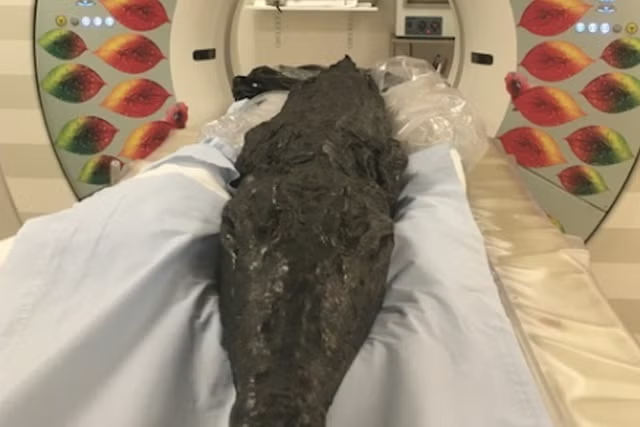Bright light might be the solution to getting a good night's sleep, researchers have found.
Exposure to bright light has been previously found to help treat symptoms of depression, and this might be because it helps us sleep better, according to a new paper in the journal JAMA Network Open.
Therefore, going out into bright light might help with both mood and sleep.
"Bright light therapy (BLT) may treat depression symptoms, but how light exerts mood-boosting effects is still under investigation. Here, we evaluate sleep regularity in the association between bright light and depression symptoms," the researchers wrote in the paper.
They describe how they analyzed data from over 6,600 people, which measured time spent in bright light, depression symptoms, and sleep regularity, as well as their levels of vitamin D.
They found that people who had more exposure to bright light had fewer symptoms of depression, and also had a more regular sleep schedule. They also found that increased vitamin D levels were associated with better sleep, but not with lower depression.
Additionally, they found that a better sleep schedule is associated with lower depression.
Sleep and depression are closely linked in several ways, with each condition potentially influencing the other. Sleep and mood regulation involve similar neurotransmitters, such as serotonin and norepinephrine, and imbalances in these neurotransmitters can contribute to both sleep disturbances and depression.
Additionally, depression can disrupt the body's internal clock (circadian rhythms), leading to irregular sleep patterns, and conversely, irregular sleep patterns can affect circadian rhythms, contributing to mood disorders.
"In this study, greater sleep regularity partly explained the association between greater bright light exposure and lower depression symptoms. More vitamin D was associated with more regular sleep timing but not depression," the researchers wrote in the paper.
"Our findings align with prior population-based research, supporting reduced depression among those with greater daytime light exposure. Bright light therapy can be effective at improving numerous mood outcomes, possibly through effects on sleep and the circadian system."
The researchers note that this type of cross-sectional analysis cannot prove light's impacts on sleep or depression, but suggests that more exposure to light could improve mood.
"This is a cross-sectional analysis, so causality cannot be ascertained, and associations may be bidirectional," they wrote.
"Although we are unable to rule out that mood may also influence time spent outdoors and/or bright light avoidance, our results support the need for further prospective analyses to test the causality of these factors. Future studies of [bright light therapy] should consider the role of sleep regularity."
Do you have a tip on a science story that Newsweek should be covering? Do you have a question about sleep? Let us know via science@newsweek.com.
Disclaimer: The copyright of this article belongs to the original author. Reposting this article is solely for the purpose of information dissemination and does not constitute any investment advice. If there is any infringement, please contact us immediately. We will make corrections or deletions as necessary. Thank you.



